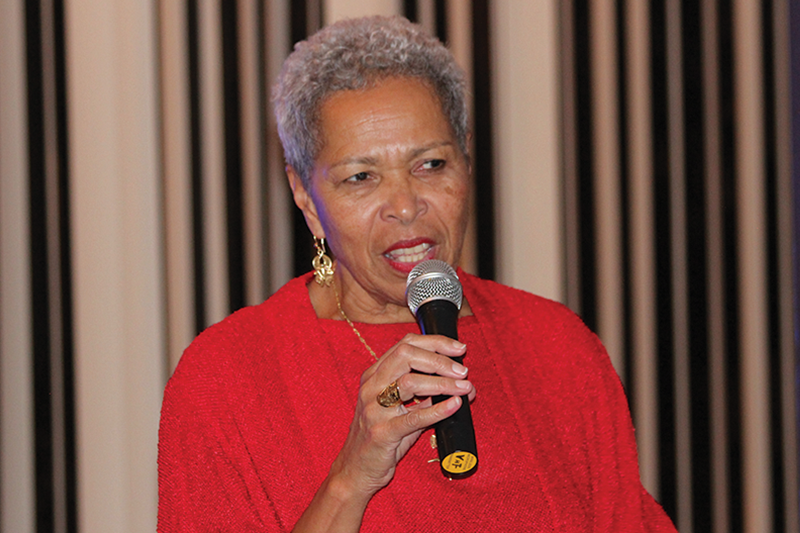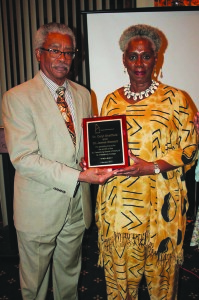ASALH celebrates black history


 ASALH makes it a point to make every meeting free and open to the public. With thought provoking topics and special guess that relate to black history and culture, they continue to seek new members with a thirst for knowledge.
ASALH makes it a point to make every meeting free and open to the public. With thought provoking topics and special guess that relate to black history and culture, they continue to seek new members with a thirst for knowledge.